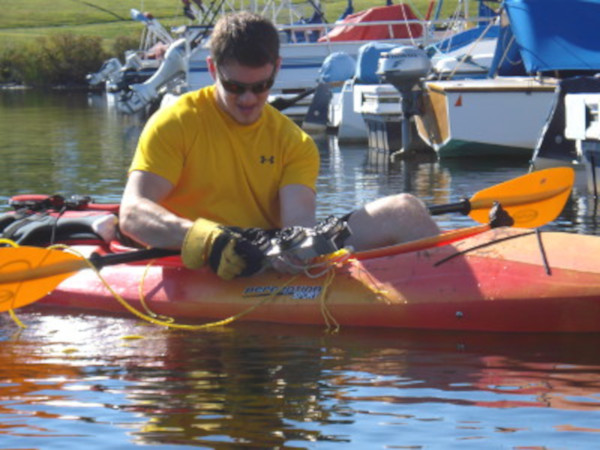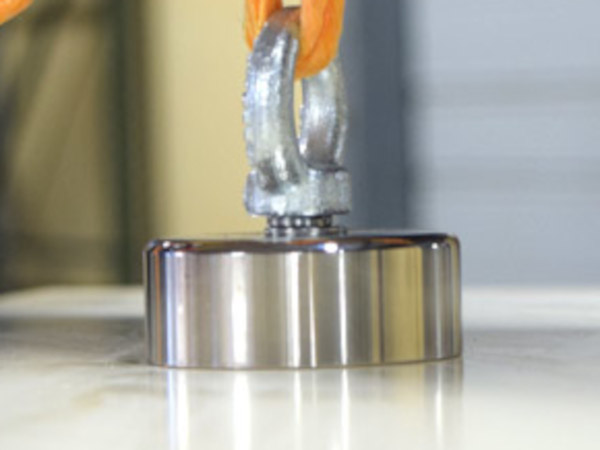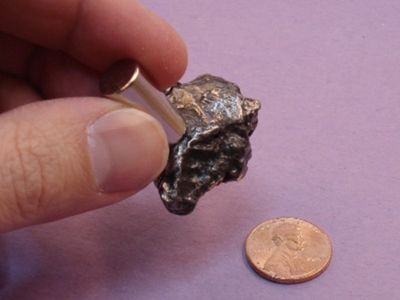Treasure Hunting with Fishing Magnets
Unearthing hidden gems: The thrill of treasure hunting with fishing magnets
1. What is magnet treasure hunting?
Treasure hunting using fishing magnets, commonly referred to as magnet fishing, is an adventurous and often rewarding hobby that blends the excitement of discovery with the serenity of being near water. This activity involves using a strong neodymium magnet, which is known for its powerful magnetic field, attached to a sturdy rope. Treasure hunters cast these magnets into various water bodies, such as rivers, lakes, and canals, hoping to find metal treasures hidden beneath the surface. Ideal locations for magnet fishing are often historical sites, urban waterways, or places near old bridges and piers, where the likelihood of finding valuable or interesting items is higher.

The treasures found in magnet fishing can range from mundane metal scraps to exciting artifacts of historical significance. Common finds include coins, jewelry, tools, and occasionally, more intriguing items like old weapons or historical relics. These discoveries not only provide personal satisfaction to the treasure hunters but can also offer a glimpse into the past, often leading to further exploration or research about the area's history.
2. Top 10 places to go treasure hunting with fishing magnets
-
Lakes and ponds: Freshwater bodies like lakes and ponds can yield various treasures, including discarded jewelry, coins, and metal artifacts.
-
Rivers and streams: Fast-flowing rivers and streams can uncover hidden relics and lost items, especially in areas frequented by people.
-
Canals: Man-made canals often contain a mix of discarded items, and you might find coins, tools, or even antique items submerged beneath the water.
-
Marinas and docks: Boat docks and marinas are popular places for magnet fishing, as boaters and fishermen may drop items into the water.
-
Bridges: The area beneath bridges can be a hot spot for magnet fishing since people often discard items into the water from these locations.
-
Urban waterways: Urban areas with canals, drainage ditches, and other water features can be good for treasure hunting with fishing magnets.
-
Historical sites: Locations with historical significance, such as old bridges, piers, or ruins, may yield antique artifacts and valuable items.
-
Public parks: People frequently visit parks, making them potential locations to find lost items, coins, or jewelry submerged in ponds or lakes.
-
Beaches: Coastal areas can be rewarding for magnet fishing, as beach goers may lose jewelry, coins, or other metal objects in the sand or water.
-
Fishing spots: Popular fishing spots are often filled with discarded fishing gear and lost tackle, making them great places to search for treasure.
Shop Treasure Hunting Fishing Magnets
Check out our selection of fishing magnets and start catching today. Treasure Awaits!



3. K&J Magnetics' magnet treasure hunting adventure
Relic hunting in a local lake
In the video above, we spent some time at a local lake with a few magnets to see what we could find. We used two different 2-1/2” diameter mounting magnets:
1. The MMS-G-Y8 fishing magnet fishing magnet comes with an eye-hook.
2. The MMS-A-Y8 fishing magnet fishing magnet has a countersunk hole for a flat-head screw. We added some additional items from our local hardware store to make a sturdy rope attachment.

We had some luck at this lake in our first magnet fishing expedition a few years ago covered in our Magnet Fishing article. We didn't find as much this time, mainly because we weren't allowed to fish in some of the high-traffic areas as hoped. A park ranger asked us to leave a fishing dock, and the marina was full of boats and gated off. I guess they didn't want a couple of guys fishing around with ropes and strong magnets!
When we went to the marina last time, it was in the off season and we had full access. We found a few tools that were probably dropped by a frustrated boat mechanic! We really missed not being able to search this area more thoroughly.
Treasure hunting at the bottom of an old well
To continue the search, we took our magnet fishing gear to a home that dates back to the 1800s, on a property that's been lived on since the late 1700s. We've previously found interesting items on the property using metal detectors, so we've been hoping to do some magnet fishing in several very old wells on the site.

Most of the items we found this day came from the smaller of these two wells! If you haven't already watched the above relic hunting in a well video, check it out to see our well fishing adventure.

4. How to use magnets to identify treasures, rare collector's coins and precious metals
Strong magnets are used by a wider audience to help identify metals. Everyone from coin collectors to metal detecting hobbyists use strong magnets as another clue in identifying metals. They help even with metals that don't stick to magnets!
We didn't discuss coins and precious metals very much in our earlier Eddy Currents article, but that's what we're relying on here. The short video below shows a device constructed with a few block magnets to help identify silver coins, copper pennies and more.
We used a series of BY0X02 magnets stuck to a steel plate. The speed at which a coin will slide down depends on both the mass of the coin and how conductive it is.

Test your rare coins and metals to learn more about their material composition
Shop NowHow to identify what metal a rare coins is
First test to see if the coin is magnetic or not. If the magnet attracts to the coin, you know it is iron based and could be a mimic of the real coin.
Use the slide test to try to identify the type of metal. The slide method is not fool proof as different metal can react similarly, but the below rules apply as a general rule of thumb for testing for silver, gold and copper. Some fake coins may have copper in them and react similarly to other rare metals.
-
Silver - Coins made of silver induce an eddy current and slide more slowly
-
Gold - Gold coins will slow down a bit on the slide
-
Copper - Coins made of copper will also slide down more slowly, but not as slow as silver
Another popular use of magnets is going meteorite hunting with magnets. Our Meteorite Hunting article covers the best magnets for meteorite hunting, how to identify a meteorite and other useful information and tips.








